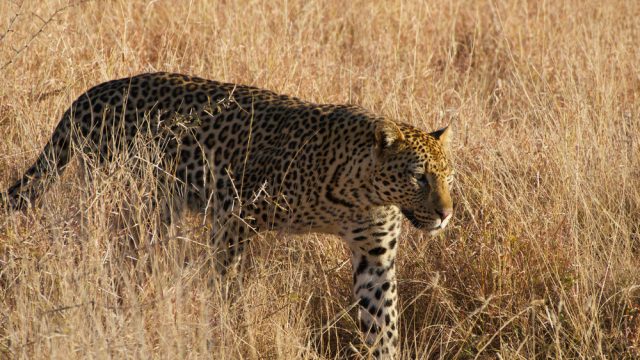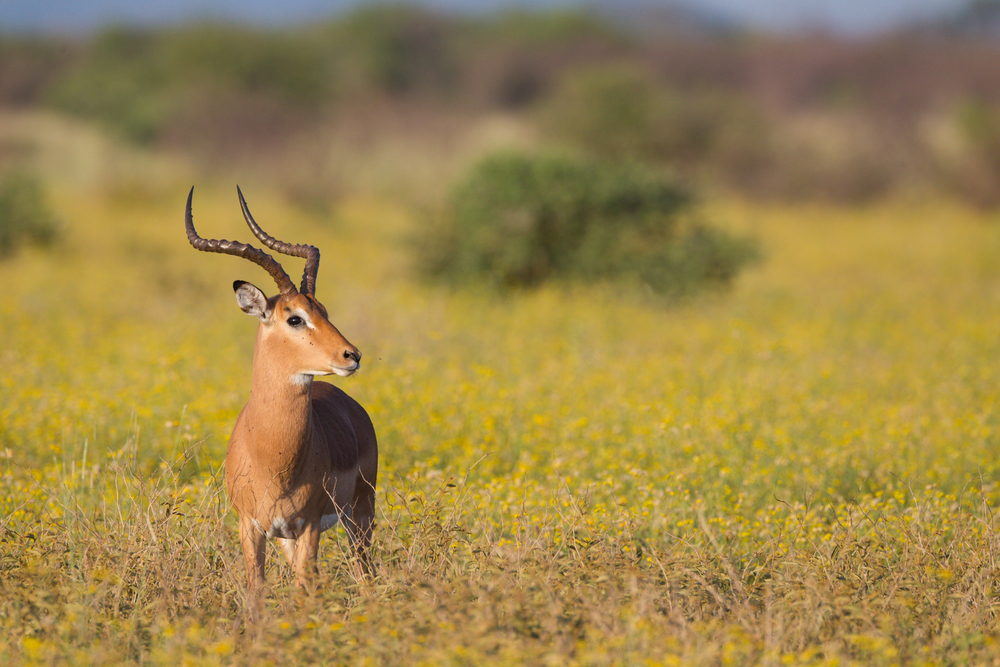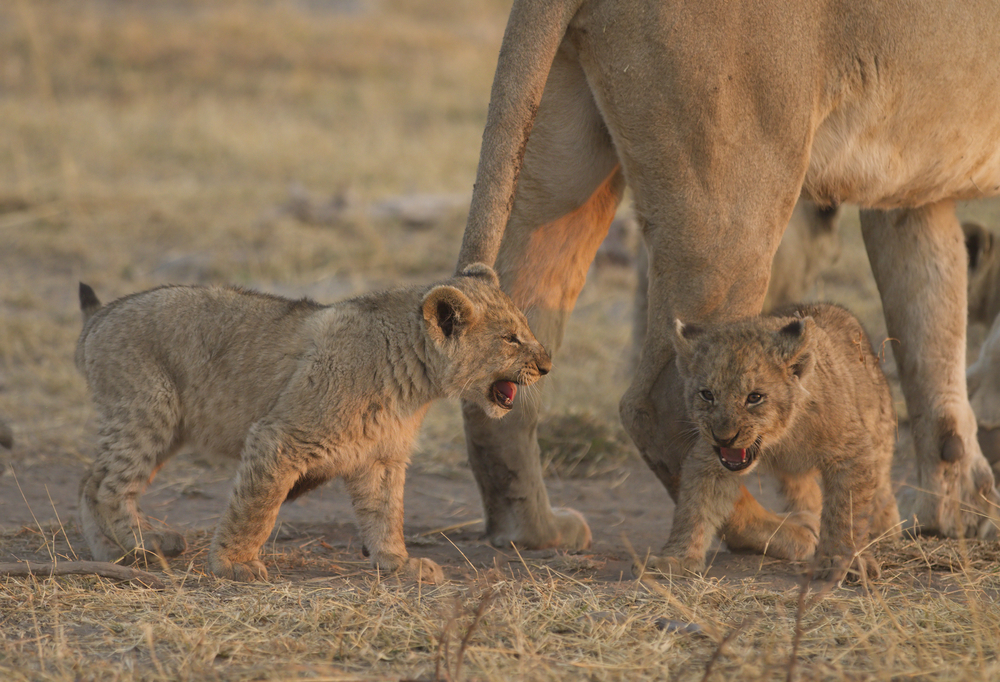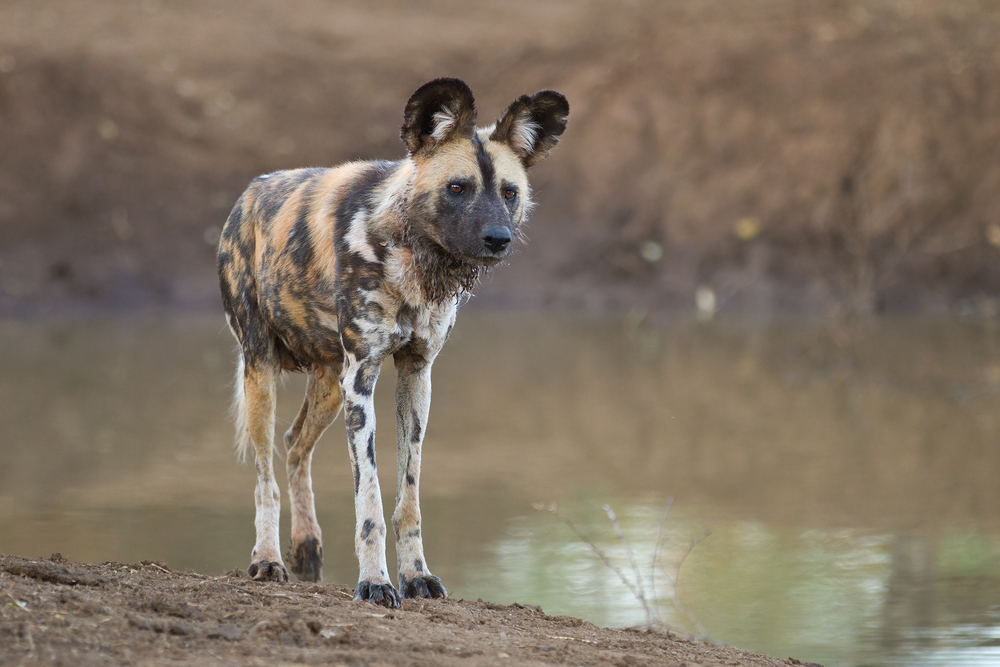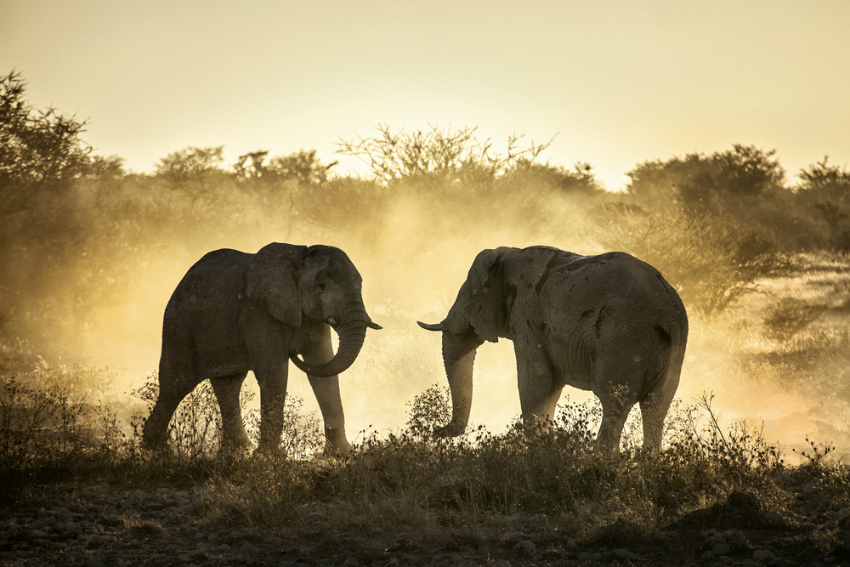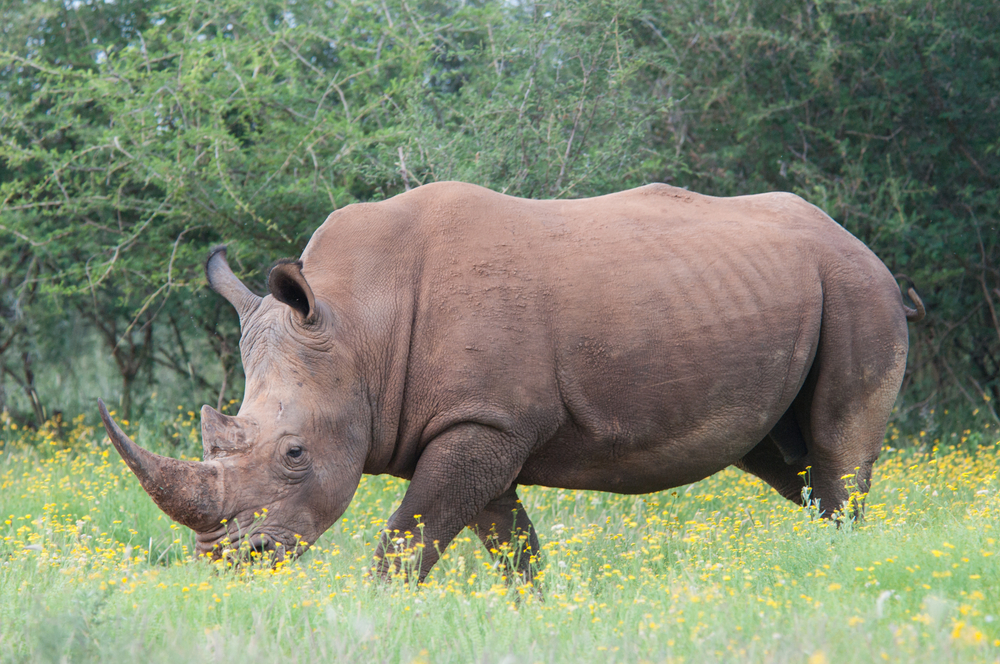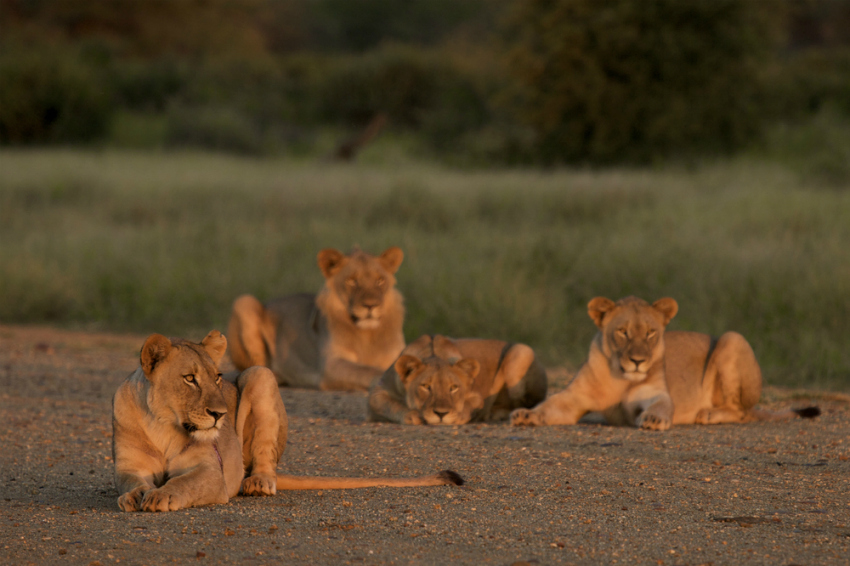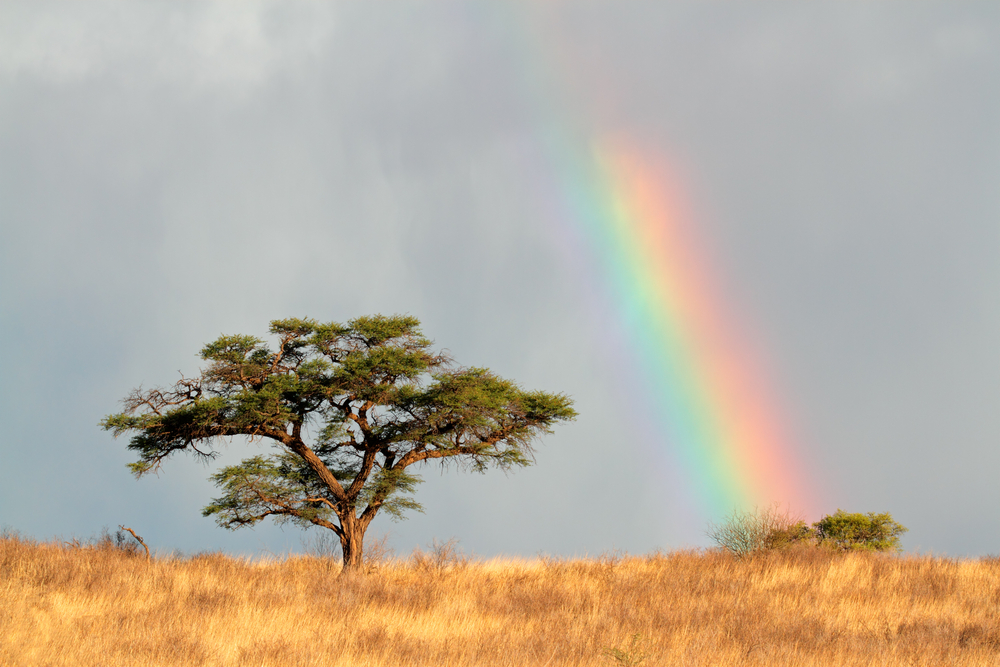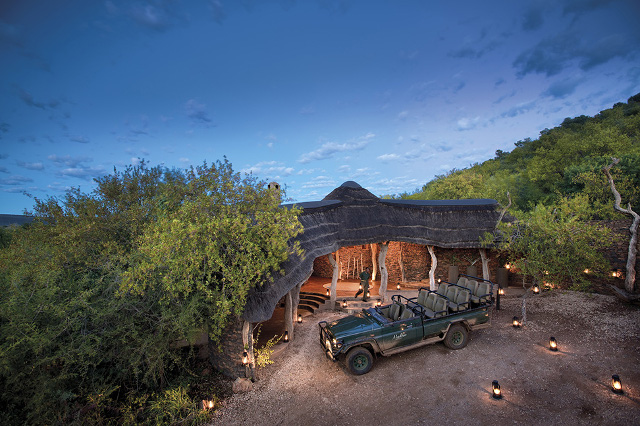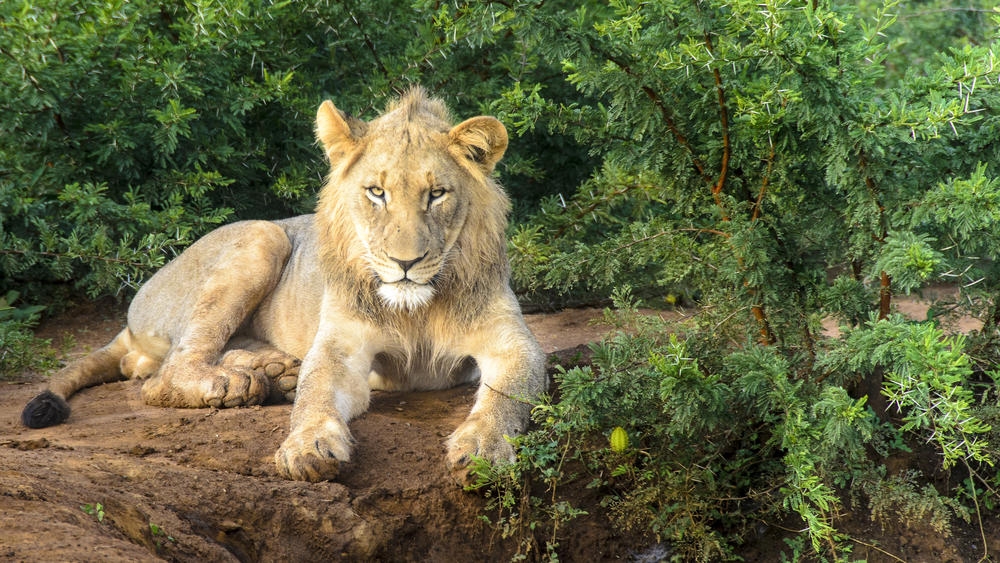Despite being closer to Johannesburg than Kruger National Park, and home to so many lions that some had to be relocated, Madikwe Reserve is South Africa’s most underrated wildlife park, which is why you should visit. Here are 10 things I learned while on safari in this amazing park.
This article originally appeared on AFKInsider.com.
1) It’s South Africa’s fourth-largest reserve
The malaria-free park is the country’s fourth largest reserve, covering 760 square kilometers (293 square miles) of bushveld, savannah grassland, and riverine forest on the edge of the Kalahari Desert. Night or day, the safari experience here is exciting.
2) Madikwe is part private reserve, part public park
It was created in 1991 under a dual mandate to protect endangered species being hunted and farmed out of existence and to establish a sustainable tourism industry capable of providing permanent jobs for the impoverished, indigenous population.
3) It is a site of revival
When Madikwe was created as a reserve, the animal population had been ravaged by poaching, hunting and farming. Operation Phoenix was organized to relocate and reintroduce to the park more than 10,000 once-native species.
4) Entire herds of elephants were relocated there
The massive operation took more than seven years to complete, with animals — including entire herds of elephants — being flown or driven in from various other reserves around Southern Africa. Though it took a long time, the effort was ultimately very successful.
5) It has the Big Five
Madikwe is now home to very healthy numbers of all of the Big Five — lions, elephants, rhinos, leopards, and buffalo — plus a growing population of endangered species like wild dogs and more than 350 species of birds.
6) It has almost too many lions
Best of all, Madikwe is famous for its large number of lions, so many in fact that the provincial parks department has had to relocate some in the past — at one point there were more than 85 lions in the park, which is not sustainable for its size. Relocation out of Madikwe has reduced these numbers to the 60s, which is what the park can sustain without upsetting the natural balance of the animals.
7) The Kalahari desert scenery here is mind-blowing
Located in the extreme north of South Africa near the border with Botswana, Madikwe Game Reserve’s red dirt roads meander past thorn bushes juxtaposed against an ephemeral blue sky for visually striking photo opportunities.
8) A Madikwe safari experience doesn’t come cheap
Unlike many parks in South Africa, Madkiwe does not allow self-drive safaris, which means you have to pay to stay to play here. There are 10 tourism lodges to choose from, all of which are pretty upscale — a Madikwe safari experience doesn’t come cheap but is well worth it.
9) You get very close to the wildlife
One benefit of being in a private reserve where guests aren’t allowed to drive is that Madikwe’s ranger guides can get you closer to the big cat action than you’d get on your own. There are minimal restrictions against driving off road for rangers, meaning if the cats aren’t coming to you, they’ll take you to the cats.
10) Rangers can take you to the action
Rangers carry guns here, but only for safety, and because vehicles are usually very open and get very close to the animals. Shooting an animal is not OK unless it attacks a person without provocation. Rangers are also trained in tracking animals — many lodges even include a bushman tracker with the guide in the safari experience. Trackers will often get out of the vehicle to look for tracks.
Related content on AFKTravel:
Looking for Lions: On Safari In Madikwe Game Reserve, South Africa
On The Lookout For Leopards: The Best Places To See Africa’s Most Elusive Big Cat
Pilanesberg In Pictures
Want to discover the finer side of Africa? Sign up for our weekly newsletter.
